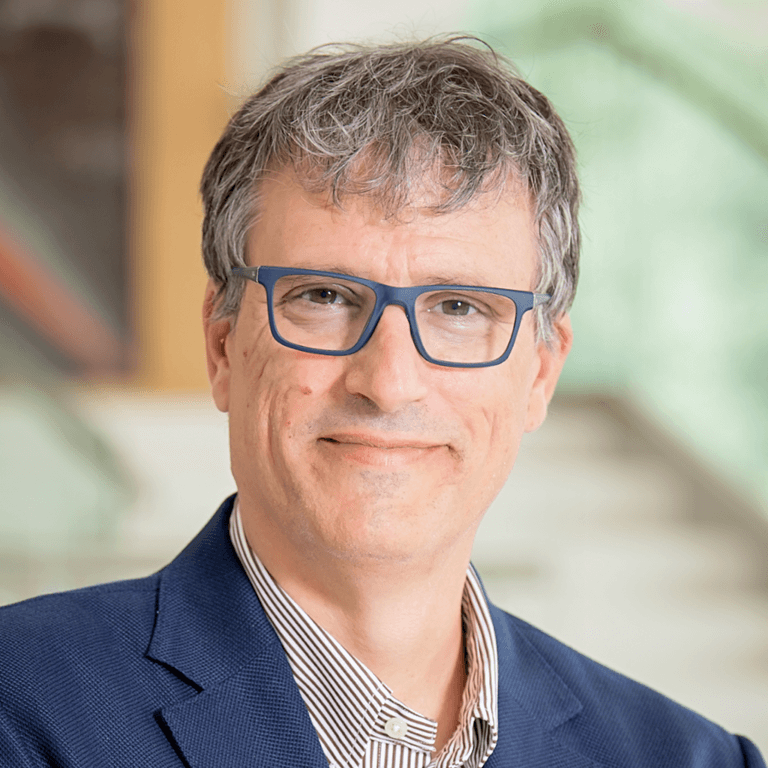
Prof. Francisco Falcone
UPNA, Institute of Smart Cities (ISC) and Tecnologico de Monterrey
Biography: Telecommunications Engineer (1999) and Doctor in Communications (2005), both from UPNA. From 1999 to 2000, he was Microwave Network Engineer, Siemens-Italtel, Málaga. From 2000 to 2008, he was Mobile Access Network Engineer, Telefónica Móviles, in Pamplona. In 2009 he co-founded Tafco Metawireless, spin-off of the UPNA. In parallel, from 2003 to 2009 he was Assistant Lecturer in the EEC Dept, UPNA. In June 2009 he became Associate Professor and since September 2022, Full Professor. From January 2012 to July 2018 and from July 2019 to November 2021 he was Head of the EEC Dept., UPNA. In 2018 he was Visiting Professor at Kuwait College of Science and Technology, Kuwait, for three months. He is also affiliated with the Smart Cities Institute of the Public University of Navarra, a multidisciplinary research institute with over 100 researchers, being Head of the Institute since May 2021. Since June 2022, he is Distinguished Visiting Professor in Telecommunications School of Engineering and Science, Tecnologico de Monterrey, Mexico. He is specialized in applied and computational electromagnetics, more specifically in: analysis and design of complex electromagnetic media, artificial materials and metamaterials, device implementation in flexible/paper substrates, wireless power transfer systems, implementation of computational electromagnetic code and hybrid code. The work carried out has derived in over 200 articles in ISI-WOK indexed journals, 400 contributions in international and national conferences, 2 books, 6 book chapters and participation in 90 public and private funded projects. Since 2013 he has supervised 8 PhD thesis.
Talk Title: Challenges in Wireless Channel Analysis for future Cognitive Environments
Abstract:
The information age is evolving towards the experience age, in which connectivity, data gathering and flexible interactive capabilities are sought for a wide range of applications and scenarios. In this way, Smart Cities and Smart Regions are progressively shifting paradigms from reactive towards proactive responses, aided by large sensor and actuator sets, combined with different information and communication technologies.
In this context, wireless communication systems play a key role in order to provide seamless, scalable and to different levels of extent, mobile connectivity. Despite the advantages in the use of wireless channels in order to enable these highly dynamic links, multiple challenges are faced owing to coverage/capacity requirements, interference levels and inherent requirements to reduce form factor, size and cost of communication nodes. Determining wireless channel characteristics and how to optimize their performance is compulsory in order to provide adequate quality of service and quality of experience metrics.
In this presentation, we will address the evolution in wireless systems in order to provide required connectivity levels towards cognitive environments, as well as the challenges and solutions that are foreseen.